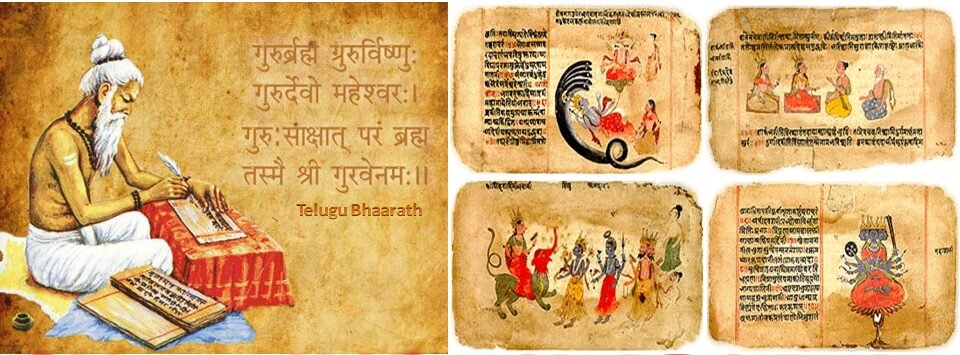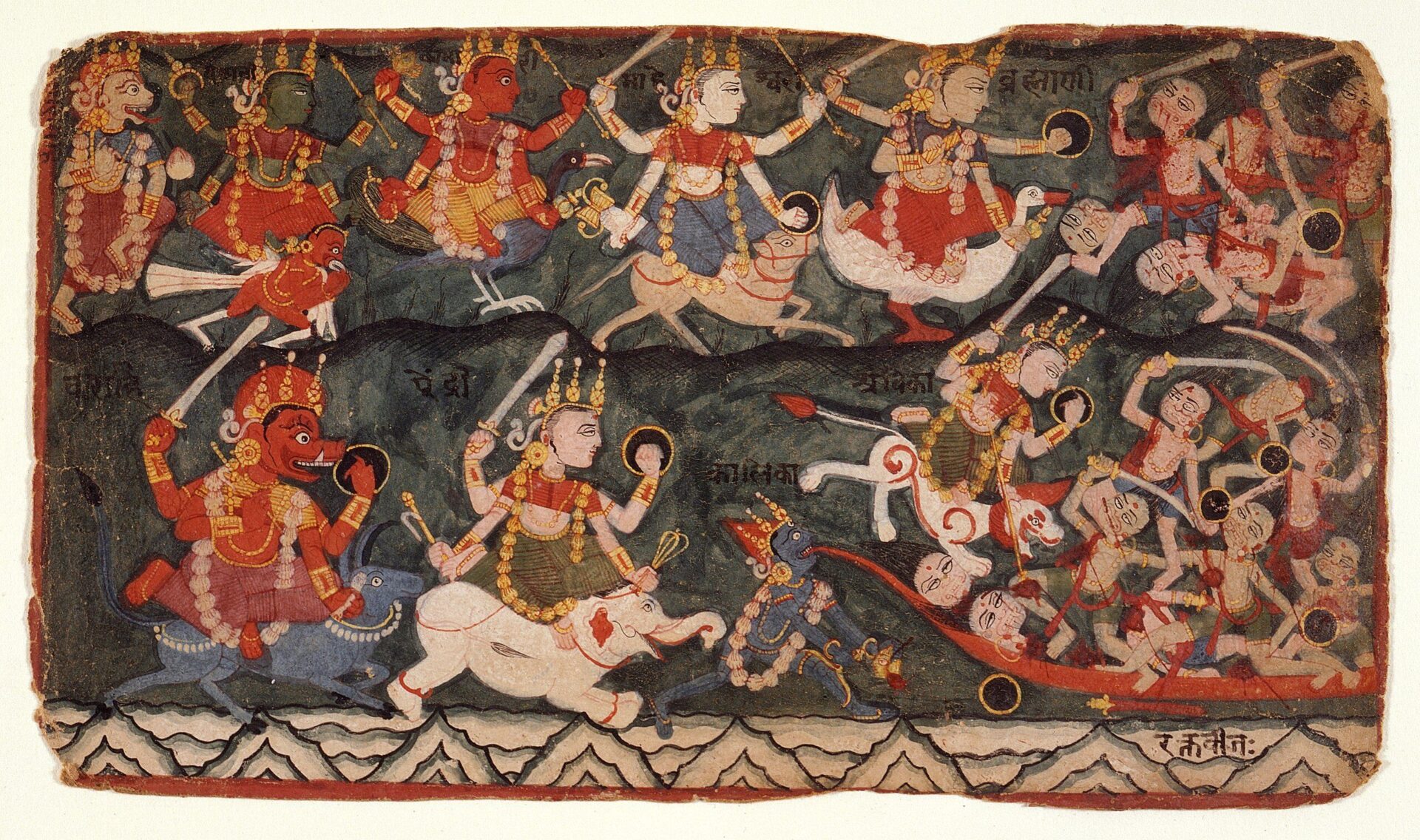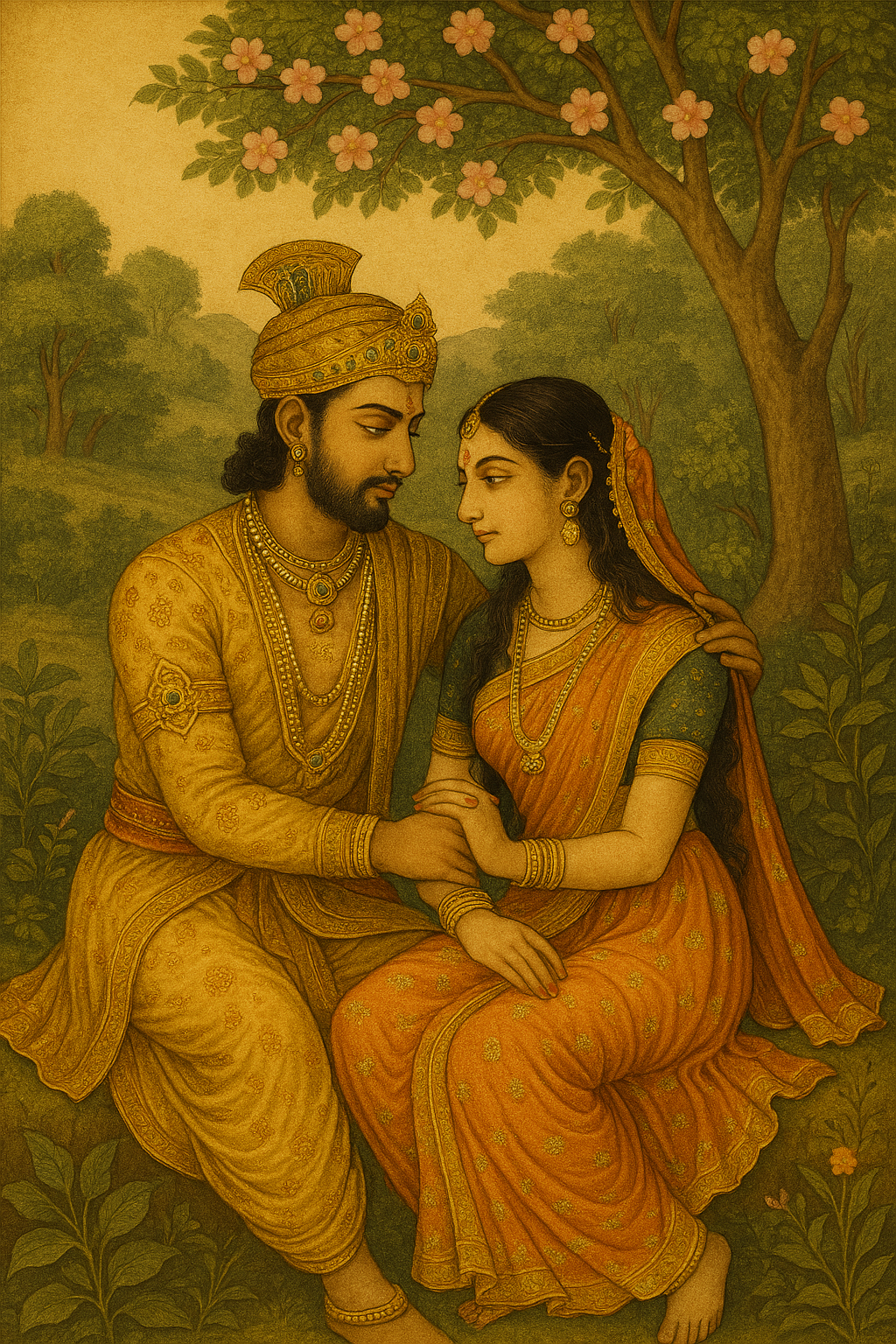Introduction to the Vedas

The Vedas are the oldest and most authoritative scriptures in Hinduism, forming the bedrock of its spiritual and religious traditions. Composed in Sanskrit and transmitted orally for centuries before being written down, the Vedas are a collection of hymns, prayers, rituals, and philosophical teachings that have shaped the spiritual landscape of India for over 3,000 years.
Revered as divine revelation (Shruti), the Vedas hold a central place in Hindu religious practice and thought. This article explores the origins, structure, and core teachings of the Vedas, highlighting their significance and enduring influence in Hinduism.
Historical Background
The origins of the Vedas are deeply rooted in the indigenous culture of the Indian subcontinent. Earlier theories, such as the Aryan invasion or migration hypothesis, suggested that these sacred texts were brought by Indo-European-speaking peoples who migrated into India around 1500 BCE. However, recent advances in archaeology, genetics, and linguistic studies have increasingly debunked this theory, pointing instead to a more continuous and indigenous development of Vedic culture.
The Vedic period, which spans approximately from 1500 BCE to 500 BCE, marks a time of significant cultural and spiritual development in ancient India. The Vedas were composed during this period, reflecting the beliefs, practices, and knowledge of the people of the time. These texts were initially passed down through oral tradition with great precision, ensuring their preservation over millennia.

The Vedas are now understood as a product of the complex and advanced civilization that flourished in the Indian subcontinent, without the need for external influences or invasions to explain their origins. This indigenous perspective aligns with the broader understanding of ancient Indian history, emphasizing the continuity and depth of its cultural heritage.
The Vedas were initially passed down through oral tradition, with meticulous attention to the precise pronunciation and intonation of the verses. This oral tradition ensured the preservation of the texts for generations before they were eventually transcribed.
The Vedas are divided into four main collections, each with its own distinct focus and purpose. These collections, or Samhitas, are: the Rigveda, Samaveda, Yajurveda, and Atharvaveda.

The Four Vedas
Rigveda:
The Rigveda is the oldest and most important of the four Vedas. It consists of 1,028 hymns (Suktas) that praise various deities, such as Agni (the fire god), Indra (the warrior god), and Varuna (the god of cosmic order). The hymns of the Rigveda are composed in poetic form and are recited during various rituals and ceremonies. The Rigveda is also a source of philosophical inquiry, with some hymns reflecting on the nature of existence and the origin of the universe.
Samaveda:
The Samaveda is primarily a collection of melodies and chants that are derived from the hymns of the Rigveda. These melodies were sung by priests during religious rituals, particularly the Soma sacrifice, which was an important Vedic ceremony. The Samaveda is often regarded as the Veda of music and is closely associated with the development of Indian classical music.
Yajurveda:
The Yajurveda is a compilation of prose mantras and verses that are used in the performance of rituals and sacrifices. It provides detailed instructions on how to conduct various ceremonies, including the offerings of oblations to the gods. The Yajurveda is divided into two main branches: the Shukla (White) Yajurveda and the Krishna (Black) Yajurveda, each with its own set of texts.
Atharvaveda:
The Atharvaveda is distinct from the other three Vedas in that it contains hymns, spells, and incantations that are more concerned with everyday life rather than ritual sacrifices. It includes prayers for healing, protection from evil forces, and success in various endeavors. The Atharvaveda reflects the concerns of the common people and provides a glimpse into the social and cultural life of the Vedic period.
Core Teachings of the Vedas
The Vedas encompass a wide range of teachings, from ritual practices to philosophical insights:
Rituals and Sacrifices:
A significant portion of the Vedas is dedicated to rituals and sacrifices, which were believed to maintain the balance of the cosmos and ensure the well-being of the community. The rituals often involved offerings of food, drink, and other substances to the gods, accompanied by the chanting of Vedic hymns.
Social Order and Ethics:
The Vedas also provide guidance on social order and ethics, emphasizing the importance of Dharma (righteousness) and the performance of one’s duties according to their caste (Varna) and stage of life (Ashrama). These teachings laid the foundation for the later development of the Hindu social system.
Spiritual Knowledge and Philosophy:
In addition to rituals, the Vedas contain philosophical teachings that explore the nature of the self (Atman), the universe (Brahman), and the relationship between the two. These teachings are further developed in the Upanishads, which are considered the concluding part of the Vedic corpus.
The Vedas’ Influence on Later Hindu Texts
The influence of the Vedas extends beyond the Vedic period and into the later development of Hinduism. The Upanishads, which are often referred to as Vedanta (the end of the Vedas), mark a shift from ritualistic practices to philosophical inquiry. The Upanishads explore profound metaphysical questions and introduce key concepts such as Karma, Samsara, and Moksha, which have become central to Hindu thought.
The teachings of the Vedas also permeate the later epic literature, such as the Ramayana and the Mahabharata, and continue to inspire Hindu practices and beliefs to this day.
Conclusion
The Vedas are not only the foundation of Hindu scripture but also a cornerstone of Indian spiritual and cultural heritage. Their teachings on rituals, ethics, and spiritual knowledge have shaped the course of Hinduism for thousands of years. Even today, the Vedas are revered as a source of divine wisdom and continue to influence religious practices, philosophical thought, and cultural traditions in Hinduism. As the oldest surviving scriptures in the world, the Vedas offer a timeless legacy that continues to inspire seekers of truth and wisdom.



